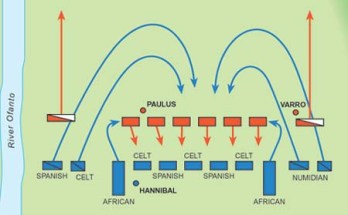Continuing from the old thread here.
This thread is for quick/'simple' historical questions that do not have the scope for broad discussion to form their own threads. All time periods and geographical regions are fair game: discussions which develop may, from time to time, be split off into their own threads.
As always, please keep discussion civil and friendly, particularly towards newcomers. As they say, the only stupid question is the one not asked!
I am not doing a very good job at fighting the software here, but LouisPhillippe has provided our first question:
From what I remember, the answer is 'no' - the framers of Versailles were clear that Prussia and its militarism were the reason for the Great War (rightly or wrongly), and many of them tried outright to dismantle it. The idea of Prussia remaining a micro-German Empire would have been unthinkable, because to their eyes, that had been the problem in the first place.
EDIT: That seems to have worked. Does anybody see a post above this one?
This thread is for quick/'simple' historical questions that do not have the scope for broad discussion to form their own threads. All time periods and geographical regions are fair game: discussions which develop may, from time to time, be split off into their own threads.
As always, please keep discussion civil and friendly, particularly towards newcomers. As they say, the only stupid question is the one not asked!
I am not doing a very good job at fighting the software here, but LouisPhillippe has provided our first question:
Both Prussian and German sovereignties were lost in 1918. Would it have been possible for Wilhelm II to reign only as King of Prussia in 1918 and after?
From what I remember, the answer is 'no' - the framers of Versailles were clear that Prussia and its militarism were the reason for the Great War (rightly or wrongly), and many of them tried outright to dismantle it. The idea of Prussia remaining a micro-German Empire would have been unthinkable, because to their eyes, that had been the problem in the first place.
EDIT: That seems to have worked. Does anybody see a post above this one?
Last edited:



